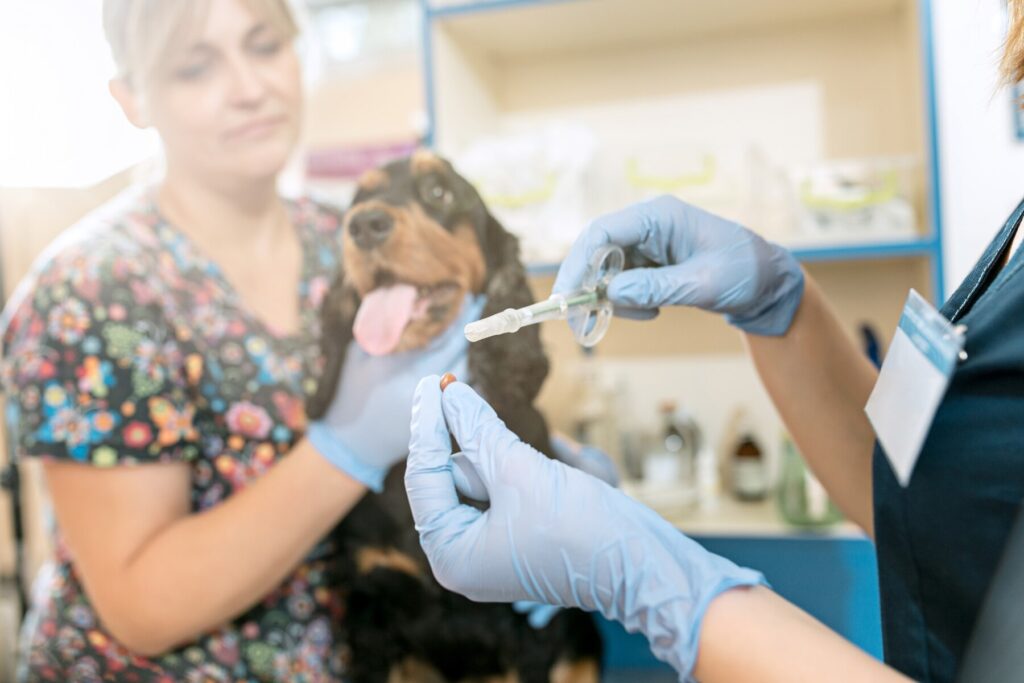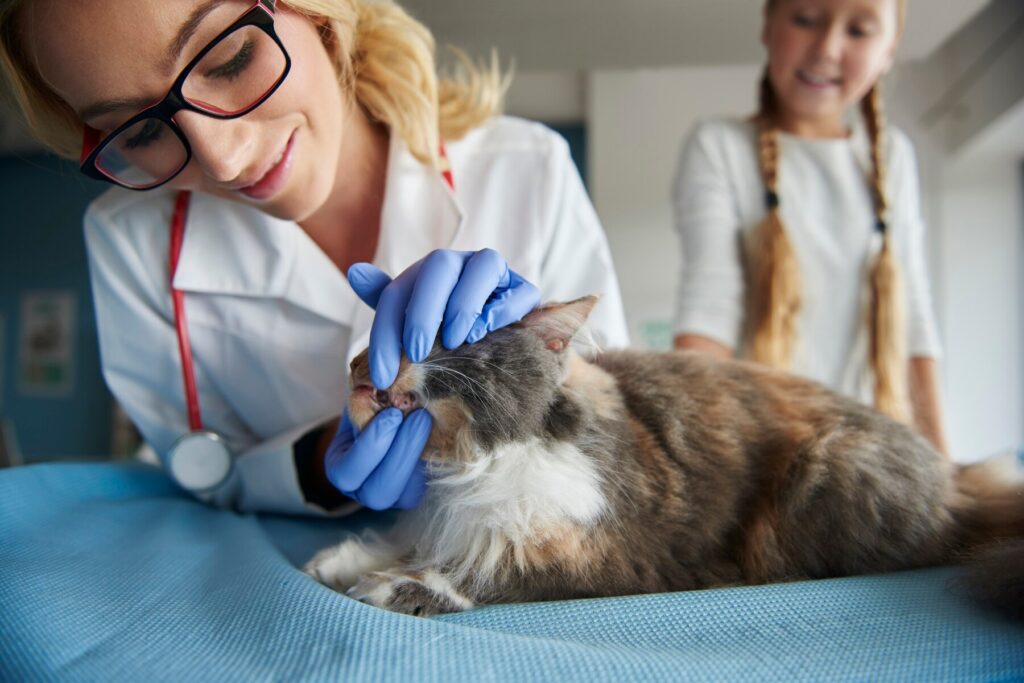Why Dental Health Matters for Pets
Maintaining good dental health for pets is crucial for their overall well-being. Poor oral hygiene in pets can lead to various dental issues such as gum disease, tooth decay, and even tooth loss. Additionally, dental problems can cause pain and discomfort for pets, affecting their ability to eat and enjoy their food. Neglecting dental care can also result in bacterial infections that can spread to other parts of their body, impacting their overall health. Regular brushing, dental check-ups, and professional cleanings are important to prevent these issues and ensure that pets have a healthy and happy life.
Veterinary Dental Treatments for Dogs

Common Dental Issues in Dogs
Dogs are prone to various dental issues that can affect their overall health and well-being. One common dental issue in dogs is periodontal disease, which is caused by the buildup of plaque and tartar on their teeth. This can lead to gum inflammation, tooth decay, and even tooth loss if left untreated. Another common dental problem is dental fractures, which can occur due to chewing on hard objects or trauma. Dogs may also suffer from oral infections, abscesses, or even oral tumors, which can cause discomfort and pain. It is crucial for pet owners to be aware of these dental issues and seek veterinary dental treatments to ensure their dog’s oral health is properly cared for.
Preventive Measures for Good Dental Health
Preventive measures play a vital role in maintaining good dental health for dogs. Regular brushing of their teeth using dog-specific toothpaste and a soft toothbrush can help remove plaque and prevent the development of periodontal disease. Providing appropriate chew toys and dental treats can also aid in keeping their teeth clean and reducing the risk of dental fractures. Additionally, scheduling regular dental check-ups with a veterinarian allows for early detection and treatment of any dental issues. Lastly, maintaining a balanced and nutritious diet can contribute to overall dental health by promoting strong teeth and gums in dogs.
Veterinary Dental Treatments Available for Dogs
There are various veterinary dental treatments available for dogs to address dental issues. One common treatment is professional dental cleaning, also known as scaling and polishing, which involves removing plaque and tartar buildup from the teeth. In cases where there is advanced dental disease or tooth decay, extractions may be necessary to alleviate pain and prevent further complications. Dental surgeries, such as root canals or periodontal flap surgeries, may be performed to treat specific dental conditions. Additionally, some veterinarians offer advanced procedures like orthodontics or crowns for dogs with severe dental abnormalities. It is important to consult with a veterinarian to determine the most suitable treatment for your dog’s dental needs.
Veterinary Dental Treatments for Cats

Common Dental Issues in Cats
There are several common dental issues that cats may experience. One of these is periodontal disease, which involves inflammation and infection of the tissues surrounding the teeth. Another common issue is tooth resorption, where the tooth’s structure deteriorates and may need to be extracted. Feline stomatitis, a painful condition characterized by severe inflammation of the mouth, is also frequently seen in cats. Additionally, dental abscesses and fractured teeth are common dental problems that require veterinary intervention. Regular dental check-ups and professional cleanings are essential to maintain your cat’s oral health and prevent these issues from developing or worsening.
Preventive Measures for Good Dental Health
To ensure good dental health for your cat, there are several preventive measures you can take. First, provide your cat with a balanced and nutritious diet to support overall oral health. Avoid feeding them excessive amounts of soft or sticky foods that can stick to their teeth and promote plaque buildup. Additionally, offering dental treats or toys specifically designed to promote teeth cleaning can be beneficial. Regularly brushing your cat’s teeth with a veterinarian-approved toothpaste and toothbrush is crucial to remove plaque and prevent tartar buildup. Lastly, scheduling regular dental check-ups with your veterinarian will help identify any dental issues early on and address them promptly.
Veterinary Dental Treatments Available for Cats
There are several veterinary dental treatments available for cats to address various oral health issues. One common procedure is dental scaling and polishing, which involves the removal of plaque and tartar from the teeth and the smoothing of the tooth surfaces. This helps to prevent gum disease and tooth decay. In more severe cases, tooth extraction may be necessary to alleviate pain and prevent further complications. Additionally, your veterinarian may recommend dental radiographs (X-rays) to assess the health of the tooth roots and surrounding bone. Another option is dental sealants, which are applied to the teeth to provide an extra layer of protection against decay. Finally, some advanced clinics may offer orthodontic treatments for cats with misaligned teeth or other dental abnormalities.





















